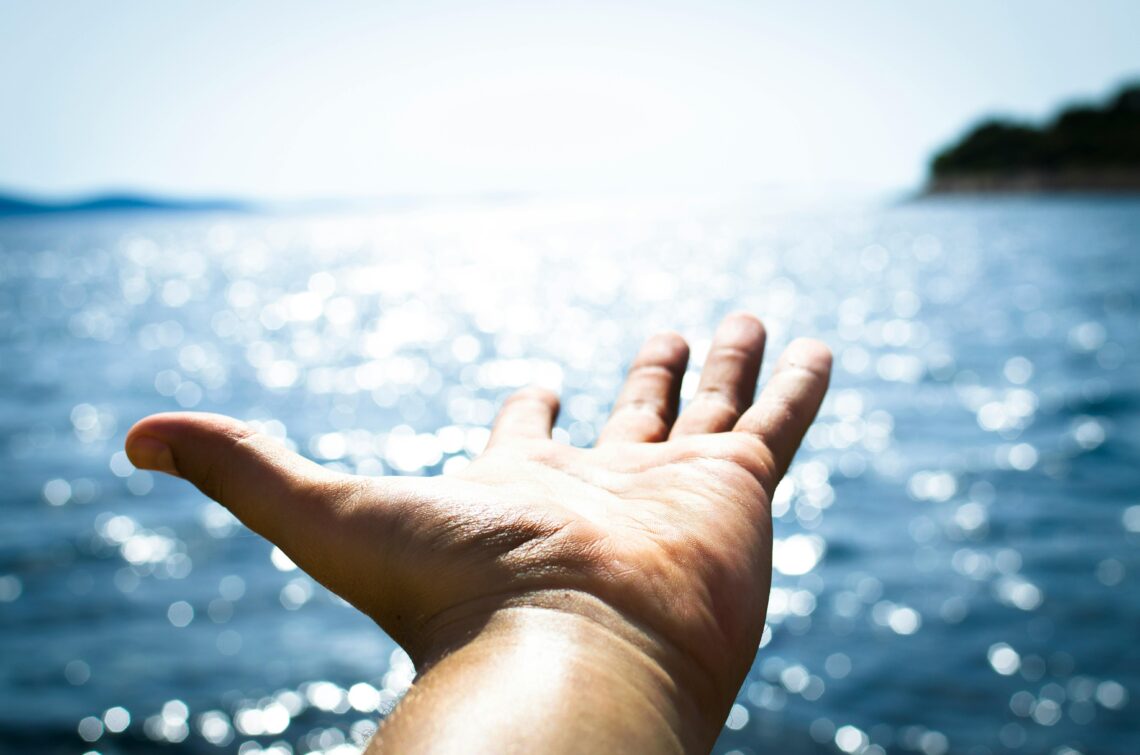
“To give in to pessimism … is to give up thinking”
Society can be transformed by ‘a revolution of care’, more truth in public life, persevering hope and a greater appreciation of nuance, argues the Catalan philosopher Jaime Nubiola.
THE REVOLUTION OF CARE
In a recent session of a philosophical group I belong to, Marta Vaamonde, professor at the online university UNED, quoted Joan Tronto who holds that the revolution still pending is the ‘revolution of care’. I loved this expression from this distinguished political science professor at the University of Minnesota.
In the face of industrial, digital and so many other revolutions what our society really needs is to focus on the care we humans give each other from childbirth and rearing to sickness and death.
To value care is to affirm that the most important thing is just that, to care, to care for each other and to let ourselves be cared for.
Care is undoubtedly an eminently Christian value which is perhaps why it has been underestimated by a capitalist tradition that has favoured personal selfishness as an engine for the development of society.
And yet we can see – particularly in the West –how much a society that privileges consumer selfishness over loving attention to others can get it wrong in its understanding of the human person.
“What are others good for?” we could ask. The best answer is perhaps “to take care of them; that is, to become more caring ourselves.”
I have started reading José Manuel Horcajo’s book El espíritu del cuidado (The Spirit of Care) with excitement to try to understand all this more thoroughly: “Care”, says Horcajo, ”is the most visible part of love. It’s more tangible, more experiential. Care is love, without words, without theories, without complexities.”
LIVE IN THE TRUTH
A few months ago I heard the distinguished Barcelona notary Juan José Lopez Burniol argue that in order to regenerate the social space it was necessary to learn ‘to say in public what we say in private’.
Those words resonated in my heart, for it is what I have always thought and sought to do. Already Seneca in the first century recommended this lifestyle: “Consider yourself happy when you can live in the eyes of everyone.”
As is well known, two decades of turning politics and media into a public spectacle, that is, the conversion of politics into social entertainment, has made it easier for many politicians of all persuasions and in all countries to blatantly lie without the slightest blush. They have become clowns who merely aspire to woo the audience to get its votes and their falsehoods are uncritically chorused by social media.
But the phenomenon I find even more striking is that the prevalence of lies in public life is frequently matched by a shocking silence on the part of ordinary citizens.
All too often people only ‘dare’ to express politically correct opinions in public, because they do not want to make anyone uncomfortable.
This double standard of expression does great harm to our society because, in a sense, it endorses the lies of the powerful and curtails people’s freedom of expression.
When I talk about freedom in my classes, I usually recall two quotations: the first one comes from Simone Weil in her Chronicles from the Spanish Civil War (1936): “When you claim freedom, you must have the courage to say what you think, even if it could appear ungrateful.”
And the second is from George Orwell: “If liberty means anything at all, it means the right to tell people what they do not want to hear.”
And so, back to the beginning: how important it is to learn to say in public what we say in private! There is no double truth, nor can there be double language.
THINKING HOPE
I have read with interest the latest book by the South Korean-German philosopher Byung-Chul Han, The Spirit of Hope. It is not an easy text because of the author’s enormous erudition, but it certainly is full of hope. The book is subtitled ‘Against the Society of Fear’ and brings together three essays with hope as a central theme.
The first deals with the relationship between hope and action, the second with its connection to knowledge and, finally, the third is dedicated to hope as a way of life.
Here are two sentences that have caught my attention (I translate from my Spanish version into English): “To those who have hope, the world appears in a totally different light. Hope gives the world a special splendour. It illuminates the world.”

And a few pages further on he writes: “As long as the poet speaks, there will be hope in the world. […] Hope is the leaven of writing. Poetry is a language of hope.”
These expressions made me think that the dramatic circumstances which envelop our world today do not have the last word: “In such a situation”, says Han, “only hope would allow us to recover a life in which living is more than surviving. It unfolds a whole horizon of meaning, capable of reviving and encouraging life. It gives us the future.”
To give in to pessimism, to fear of the future, is also to give up thinking.
“We now live in a world that almost seems designed to eradicate the inner life,” said the American poet Christian Wiman in an interview. What our materialistic world really needs is to open up to the life of the spirit. And that is why the mission of artists, poets, educators, writers, filmmakers and other creative people is to help spark our imagination and our work is to open up our culture to hope.
THE COURAGE OF NUANCE
I am reading with pleasure Jean Birnbaum’s book The Courage of Nuance: How to refuse to see the world in black and white.
The title itself makes clear that the book is a defence of multicoloured pluralism, and that in dialogue we should always have a generous openness to learn from those who hold opinions opposed to our own.
I quote from his introduction: “Albert Camus once said: ‘We suffocate among people who think they are absolutely right’, and many of us feel the same today, given how unbreathable the air has become.”
Birnbaum goes on to explain: ‘As it is, social networks have become an arena where debate has been replaced by combat: everyone, fearing a contradictor, prefers to harass a hundred enemies. Even beyond Twitter or Facebook, the intellectual and media field is mistaken for a battlefield where all blows are allowed.”
And Birnbaum concludes: “Everywhere, fierce preachers prefer to stoke hatreds rather than enlighten minds.”
This book ‘celebrates nuance as critical freedom, as ordinary audacity’ and draws explicitly on beautiful texts and penetrating reflections by Arendt, Aron, Barthes, Bernanos, Camus, Orwell and the hitherto unknown to me Germaine Tillion, with whom the author engages in a cordial dialogue. At all times he advocates listening to each other in order to learn from each other, to grow.
It is sometimes said that it is the small differences that separate the most, and that is true. But we can also say with Birnbaum that ‘there is nothing more radical than nuance’.
The above article is based on various recent Facebook posts by Jaime and is published in Adamah with his permission.
Like what you’ve read? Consider supporting the work of Adamah by making a donation and help us keep exploring life’s big (and not so big) issues!
Jaime Nubiola
Jaime Nubiola [jnubiola@unav.es] is Emeritus Professor of Philosophy at the University of Navarra, Spain. He is the author of 17 books and 150 papers on philosophy of language, history of analytic philosophy, American philosophy, C. S. Peirce and pragmatism.

